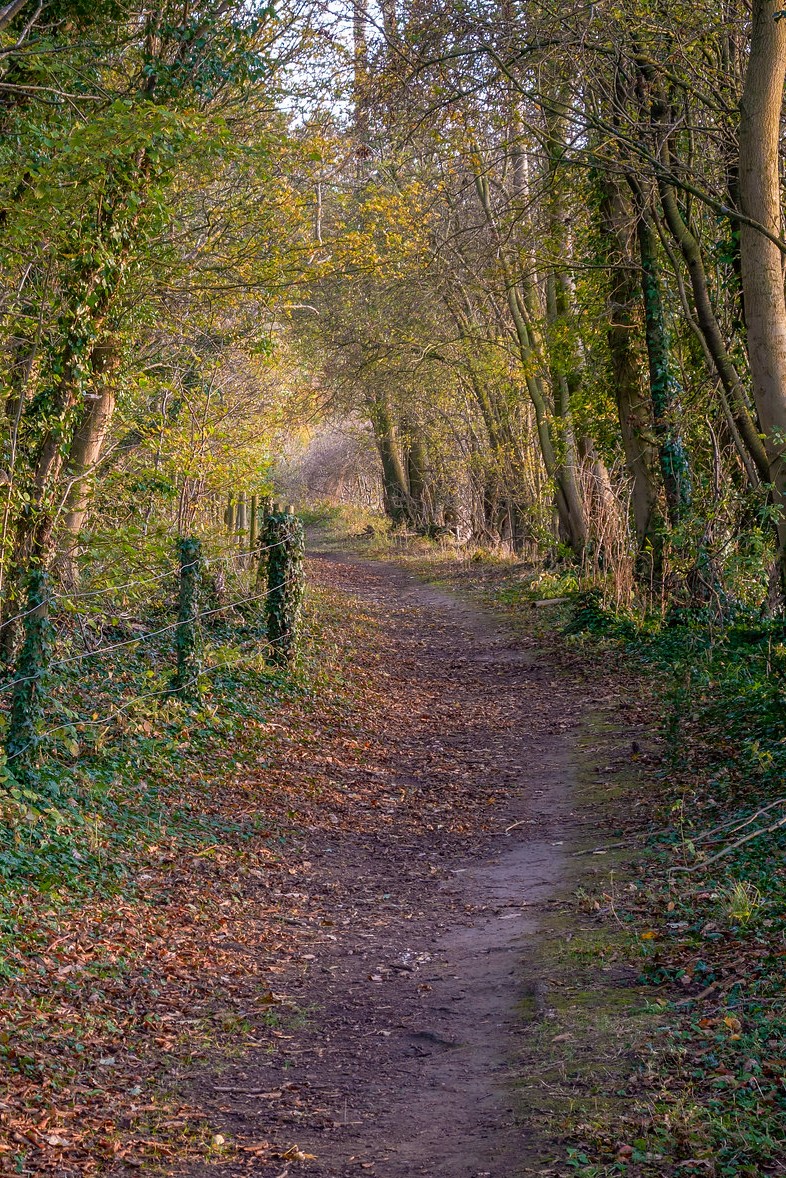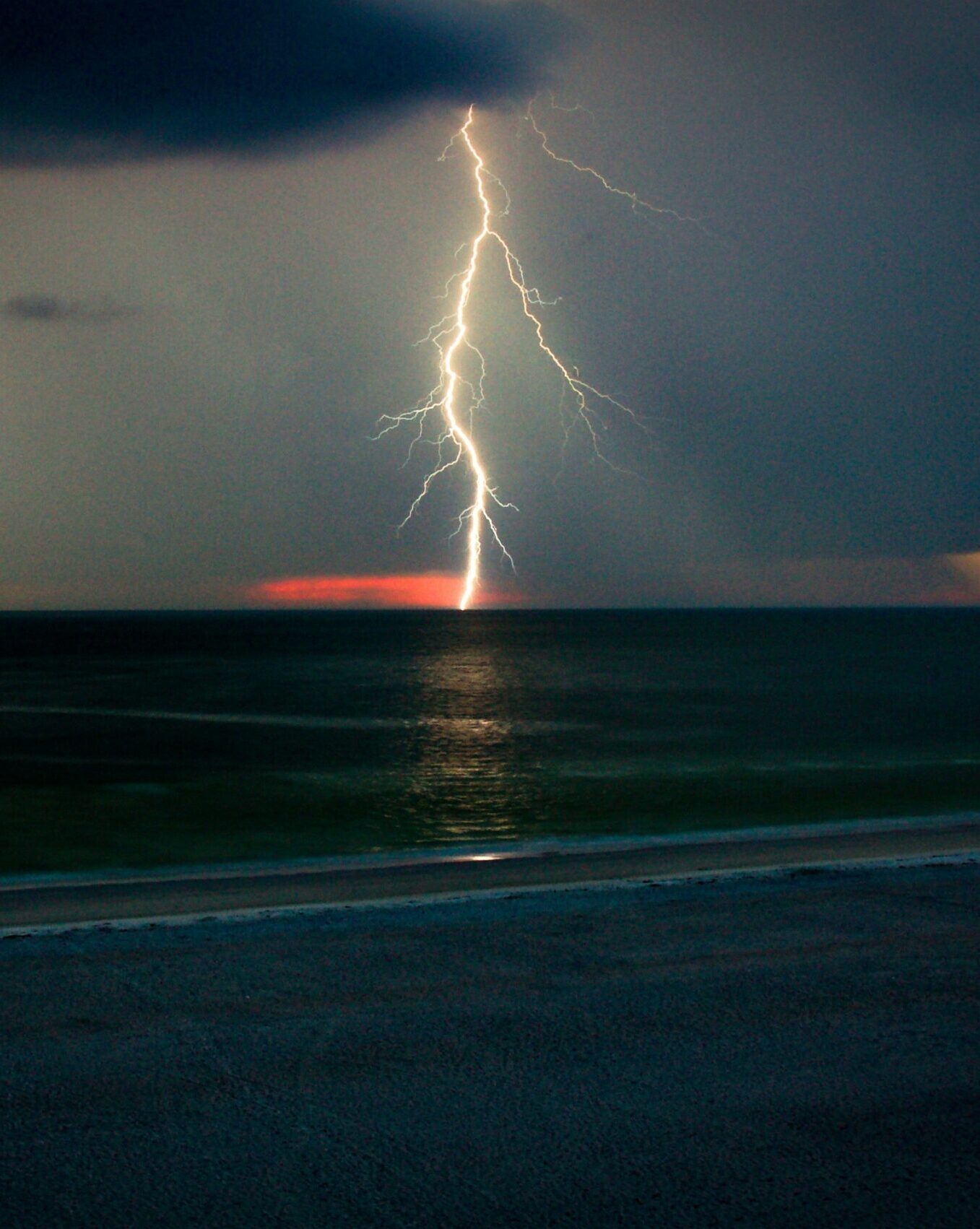
Pine Mountain Valley, Georgia
He is Risen signs go up in the neighboring yards, making sure I remember Easter.
On Easter in 1865, Union troops attacked Columbus, Georgia, the city closest to my current address. This was the Civil War’s last battle, and useless. The Confederates had surrendered in Virginia already, but, this far south, neither side knew.
On Easter a dozen years ago, I quit painting the window frames of the house I’d just bought with tape still all around the panes. I went to an Easter party, and met a man who, within the year, would ask me to marry him.
This Easter, I’m setting up house for the sixth time, in a small town in Georgia. I’m pulling weeds, clearing overgrown vines that slow the passage along the walkway to, or from, the door.
***
The Easter party happened when I had yet to leave the North Carolina mountains where I was raised, a high part of the South where the cold lingers. The gathering was at a farm, outdoors. Little girls in white dresses ran around with white legs turning blue.
In that remote mountain county, locals like to claim their predecessors were so isolated that they had no stake in the Civil War, would change allegiance depending on which troops were closer. Even if this was true, there’s no way for a white person to get around guilt, to get out of being the part of our nation’s culture they are.
There are only strategies, unreasonable in varying degrees, for divorcing yourself from troublesome preceding events and carrying on.
Anyway, back in the true mountain climate, we needed a fire. And that’s why, before we spoke, I had watched the man I would love using a wheelbarrow to carry a towering load of firewood over a pasture. When he encountered stobs, the remains of cut saplings, he’d draw back a little and push forward much harder and faster. In the first image of him my mind gathered, he is crashing on, over the obstacle.
***
He set to tending the flames, elevating the temperature. I drew near, and his first remark to me was that the rivets in his pants were hot. And with that, thawing hastened, we, our rush of feeling, began.
We heard what might have been church bells, though they would have had to travel miles to get there, and he told me he’d been raised in a religious family. Then, how he’d been taught to say, when desire for a woman’s body threatened, Get behind me, Satan.
As I stood in front of the fire, center of his view, he said what he’d chosen was to turn his back to that lesson.
Why cling to a tradition or other old thing you don’t need?
***
Who chooses the Lost Cause? Lost Cause not referring to personal charity here, where people still speak of the War of Northern Aggression and fly the flag of the Confederacy. Dixie was defeated and then the defeat was repeated, and yet—
Here, in the conflictingly-named Pine Mountain Valley where I now reside, the Mountain part of the nomenclature barely fits. Though any of it is better than how the place was known before: Chipley. Chipley the surname of a railroad tycoon who was a Klan member, never convicted but thought to have been among the murderers of a progressive, Negro-sympathizer judge.
Who is so ignorant as to believe there’s reason to put up those The South Will Rise Again banners I see?
The past: how is it that so many have so long managed to think of it proudly?
***
Those years ago, I left the house that was mine unfinished and went to a party.
I met a man who soon moved into my home and insulated the walls. I left the door open—for his wide-roaming dogs.
Then he died.
And he did not rise.
***
Now I’ve moved to another house. Where there’s work, which happens to be farther south. Where he did not paint the beadboard, using my smallest watercolor brush to get into each groove.
I’ve married another man.
I try to be good, or better. My husband deserves devotion. But I’ll never join the church folk like they keep asking.
I can’t abide the other signs with which my saved neighbors adorn the eroded roadsides, printed in red with, He died for your sins.
***
I did a lot of digging and burying when I first arrived, landscaping, adding perennials. There was dirt packed into my cuticles, every finger wrinkle, the setting of my ring. For a while, it seemed my hands were dirty all the time.
I suppose the born-again and those whose faith never wavered can tolerate telling the story of their savior’s killing every year because of the fresh feeling of conviction it arouses in them.
I don’t mind He is Risen so much. The phrasing will rise would set up an impossible hope. As a verb, rose is done and dull. So is has. He is Risen, with its flawed grammar, offers at least the truth of the conflict between past and present tense.
Will the roots take and shoots sprout, will the flowers be beautiful next spring? I don’t know. But I go out early, before the heat—that’s the problem in this region. I bring water to the starts, or the holes where plants should be.
Rose McLarney’s collections of poems are Forage and Its Day Being Gone, both from Penguin Poets, as well as The Always Broken Plates of Mountains, published by Four Way Books. She is co-editor of A Literary Field Guide to Southern Appalachia from University of Georgia Press and the journal Southern Humanities Review. Rose has been awarded fellowships by MacDowell and the Bread Loaf and Sewanee Writers’ Conferences; served as Dartmouth Poet in Residence at the Frost Place; and is winner of the National Poetry Series, the Chaffin Award for Achievement in Appalachian Writing, and others. Her poetry and essays have appeared in publications including American Poetry Review, The Kenyon Review, The Southern Review, New England Review, Prairie Schooner, Orion, and The Oxford American. Currently, Rose is working as Associate Professor of Creative Writing at Auburn University. Her fourth collection of poems will be published by Penguin in 2024.
Photo by Flickr user John Ash.




